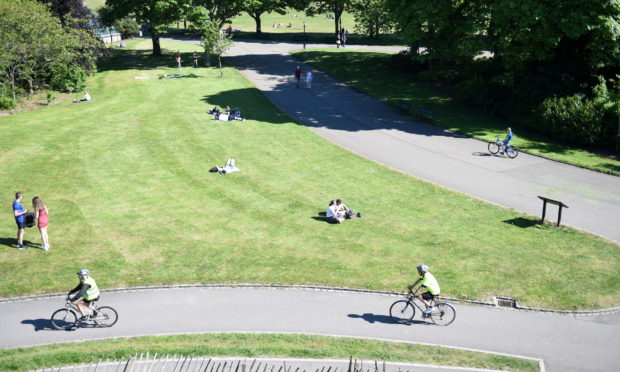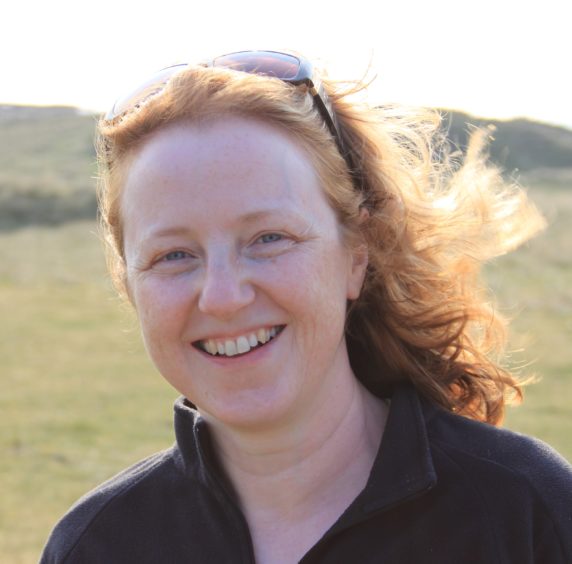Scientists from Aberdeen University will phone thousands of people as part of a £325,000 study into how lockdown has affected society.
The scheme will take place over a six-month period and is hoped to help inform Scottish Government policy on dealing with Covid-19.
The project, which launched yesterday, will examine whether people are adhering to guidelines and how the new rules have had an impact on their mental and physical health.
The scientists will also find out what triggers are responsible for changes in people sticking to the rules – with recent suggestions that high-profile breaches could encourage more Brits to flout restrictions.
Headed by Professor Diane Dixon, the team will conduct a weekly national telephone survey to ascertain what people are doing, how they are feeling and why.
In total, 8,500 people are expected to supply their thoughts as part of the project.
Each month the team will report back, allowing government and health officials to act on findings and protect the public during the pandemic.
Prof Dixon, of the university’s institute of applied health sciences, said: “We will be conducting a national representative sample of the Scottish adult population, we will have a sample of 500 people per week.
“There are two main things that we are looking for, one of which is the transmission-reducing behaviours such as hand hygiene and whether people do it regularly.
“We are interested in those behaviours because they halt the virus.
“We are also interested in mental and general health and how that changes over the 17-week period.
“Until we get a vaccine the only way to stem the virus is by adhering the rules, which may become more difficult as lockdown changes.”
The weekly telephone survey is being conducted through UK market researcher Ipsos Mori.
The results will be deciphered by 30 behavioural scientists from universities and institutions across the country.











